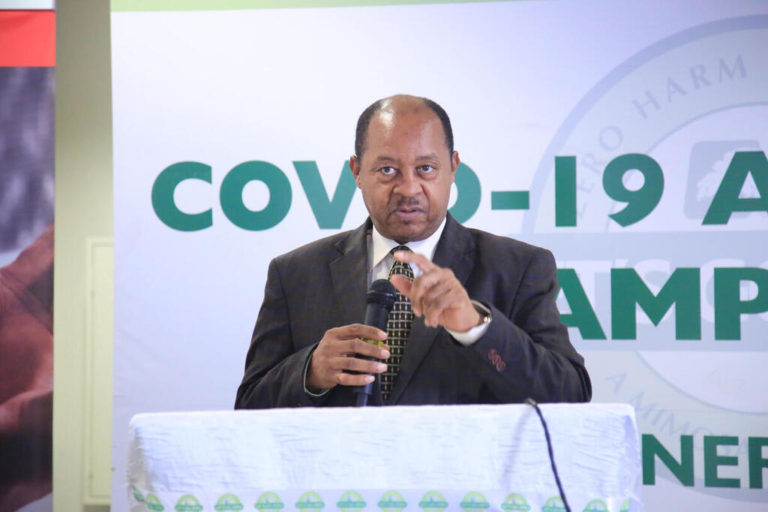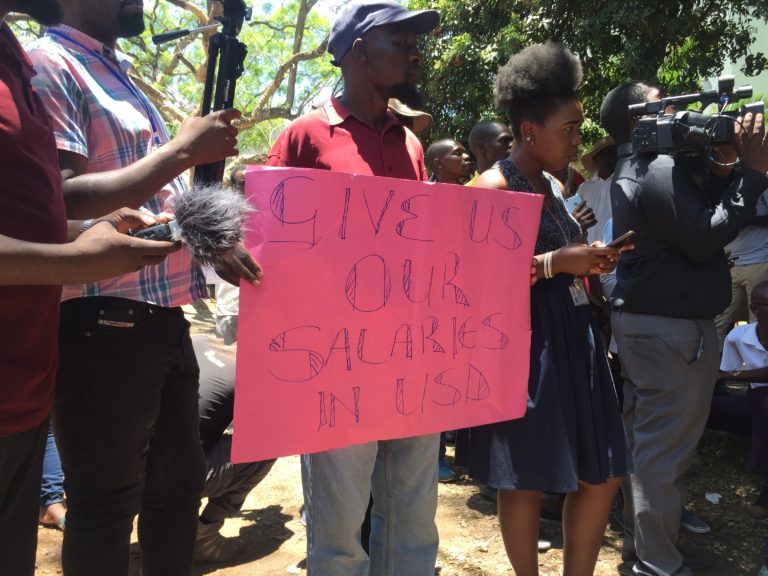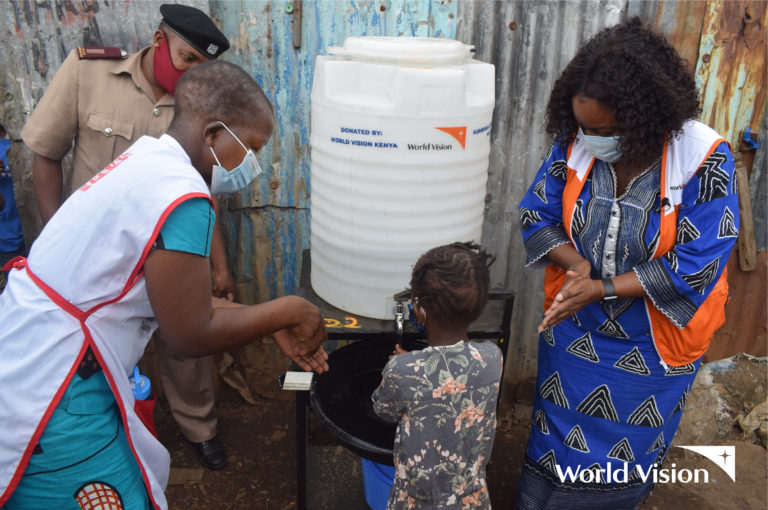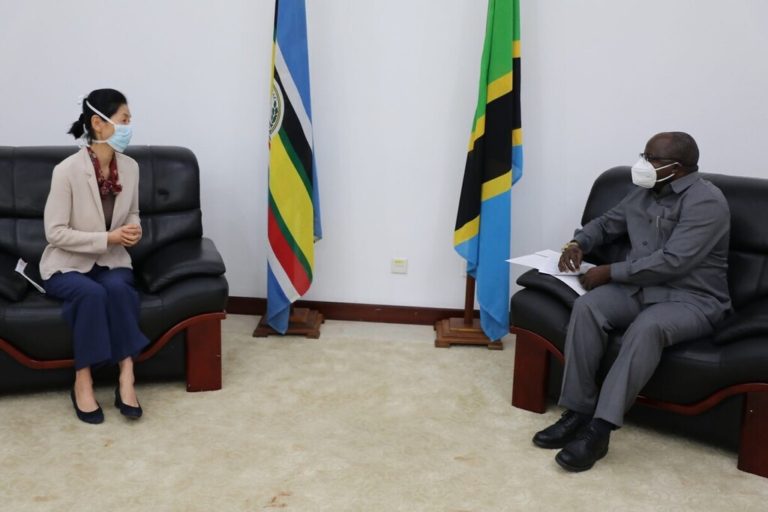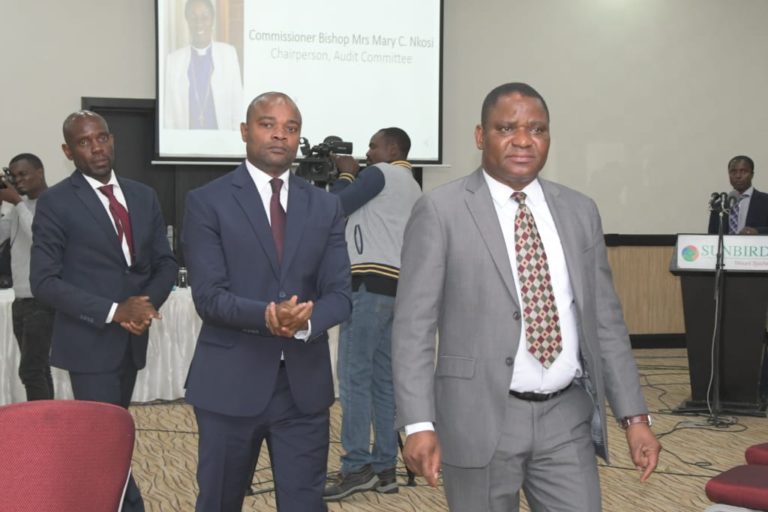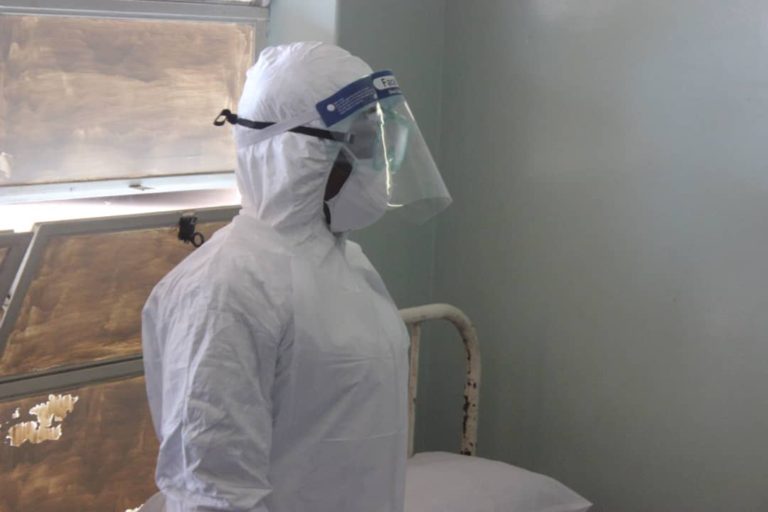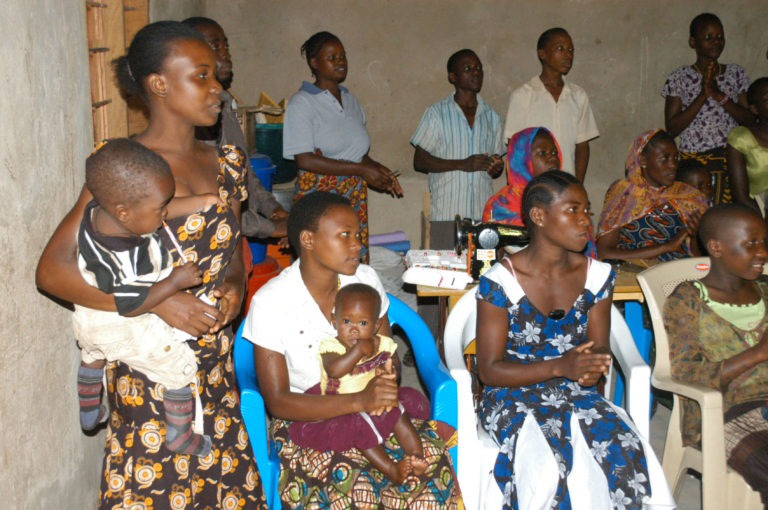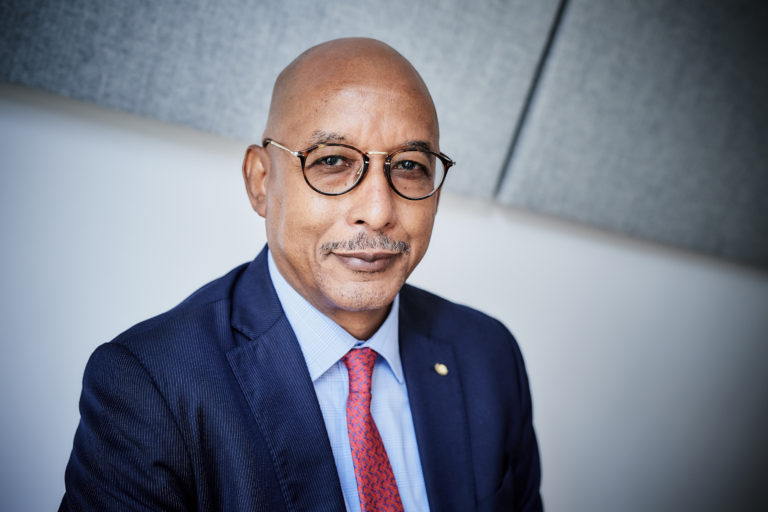Chirundu — Outside Chirundu border post which stands out at Chirundu, a border town between Zimbabwe and Zambia, a fleet of haulage trucks loaded to the brim with various goods line up as they slowly drive out of the border town heading to Harare, the Zimbabwean capital.
As some of the trucks slow down about two kilometers outside the border, desperate commuters looking for transport scramble to catch the first haulage truck that grinds to a halt before they quickly jump in straight to the driver’s side.
One of the drivers, busy picking passengers at Chirundu border post hesitantly peers through the window, with a face mask partially concealing his face.
“15 USD to Harare my brother; just wear your mask and come and fit in and we hit the road home,” the driver said to Ubuntu Times.
Hesitantly revealing his name as 46-year old Justin Makuvire, he said ‘there are no cross border buses during this lockdown and as drivers, we have to cash in on the situation before the lockdown is lifted.’
As Makuvire was bending his head down through the window of his truck, about nine passengers streamed in his truck straight to the driver’s compartment and none of the passengers donned face masks even as the government here has made it a rule for everyone to wear face masks in public.
Cross border haulage truck drivers like Makuvire apparently are not afraid of contracting Coronavirus owing to myths he has come to believe.

“COVID-19 only infects white people; I have personally not seen a black person who has suffered from the disease, and so I don’t give transport to white people,” Makuvire told Ubuntu Times as he laughed off and drove away with his newfound treasure—the passengers to Harare.
With many desperate Zimbabweans in neighboring countries like Zambia and South Africa desperate to travel home by whatever means available, for cross border haulage truck drivers like Makuvire, this has become their turn to cash in on desperate travelers.
Heavy cross border trucks in Zimbabwe are considered essential services providers and therefore even as public transport remains banned during the lockdown in this Southern Africa nation, the trucks have taken advantage of the void left by public transport operators to cash in on desperate cross border travelers.
So, even undocumented cross border travelers like 25-year old Millicent Chatsauka who headed to Zambia back to her job as a housemaid on the 19th of June, she had nothing to worry about.
“As soon as I get on the truck, I know I will be sure to reach my destination; police don’t even bother passengers on the trucks because they just get bribes from the drivers,” Chatsauka told Ubuntu Times.
As such, according to healthcare officials working in Zimbabwe’s Ministry of Health like Jonasi Sibanda, ‘truck drivers have money to spare and on getting at any roadblock they just pay their way through even if they may be transporting passengers already COVID-19-infected.’
To Sibanda, ‘this means then it’s easier for cross border truck drivers to smuggle in and out cases of Coronavirus.’
So, although nothing much is being done to stop cross border haulage truck drivers from smuggling in and out more cases of COVID-19, the government here is aware cross border truck drivers like Makuvire are only helping to derail the slight gains made in the fight against Coronavirus.

“Yes, we know cross border truck drivers are smuggling travelers in and out during the national lockdown meant to surmount COVID-19, and police are on the ground watching out for any suspects into that business of bringing and taking out suspected cases of Coronavirus,” a top government official who spoke to Ubuntu Times on condition of anonymity because he was unauthorized to speak to the media, said.
With Coronavirus pounding thousands across the African continent, child rights activists like Hilary Muchina highlights, ‘underage children have become the latest victims of trafficking by cross border truck drivers.’
“Highways are less busy during lockdown which gives an advantage to truck drivers who then smuggle in and out some unaccompanied minors even as COVID-19 cases are rising every day,” Muchina told Ubuntu Times.
Muchina claimed that ‘the people whom truck drivers smuggle, straightaway go in to blend with communities without being tested for Coronavirus because they avoid such processes hesitant to be quarantined.’
The Grain Millers Association of Zimbabwe (GMAZ) has also been on record in the local media claiming those truck drivers transporting maize from Zambia and South Africa were picking up passengers, creating fertile grounds for the spread of COVID-19.
GMAZ is a voluntary organization that represents the interests of local, large, medium, and small scale grain millers in Zimbabwe.
“The conduct of cross border truck drivers here violates the rules of the lockdown; they (cross border truck drivers) accelerate the spread of Coronavirus,” said Garikai Chaunza, the GMAZ spokesperson.
But, travelers like Chatsauka hear nor see any evil about what cross border truck drivers are doing.
“Everybody knows public transport for ordinary travelers is hard to come by during the lockdown and so cross border truck drivers are helping us and they make it easy for us to reunite with our families than getting detained at quarantine centers where people returning home from other countries are kept like bandits,” said Chatsauka.
Now, despite rising cases of Coronavirus virus across Africa, and in Zimbabwe in particular, in the absence of buses amid lockdown measures to curb the spread of the disease, travelers have switched to using trucks.
In Mutare, east of Zimbabwe, a border town with Mozambique, residents like 52-year old Dheliwe Ngwenya bewail the presence of cross border truck drivers ‘who move freely about endangering the communities in the town.’


